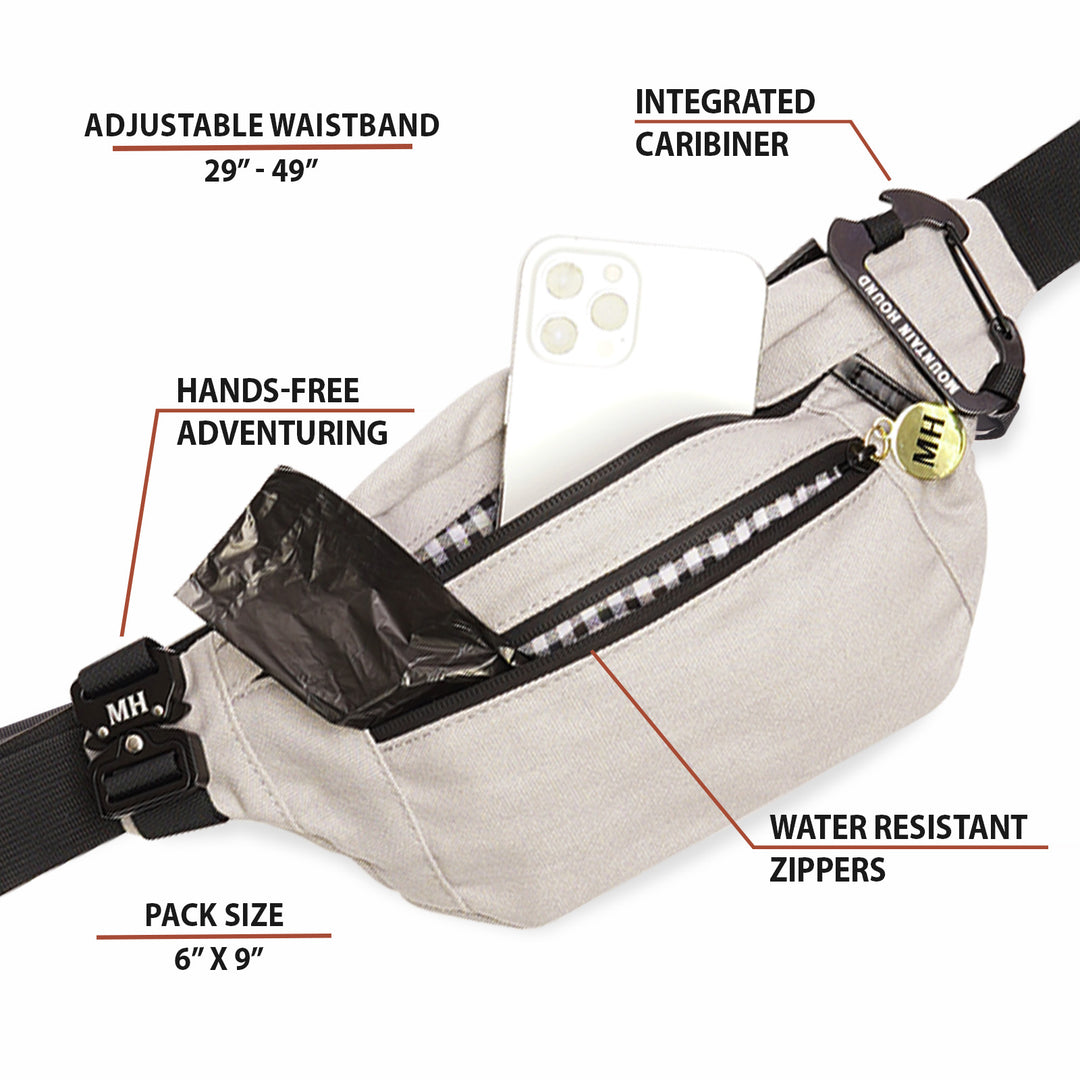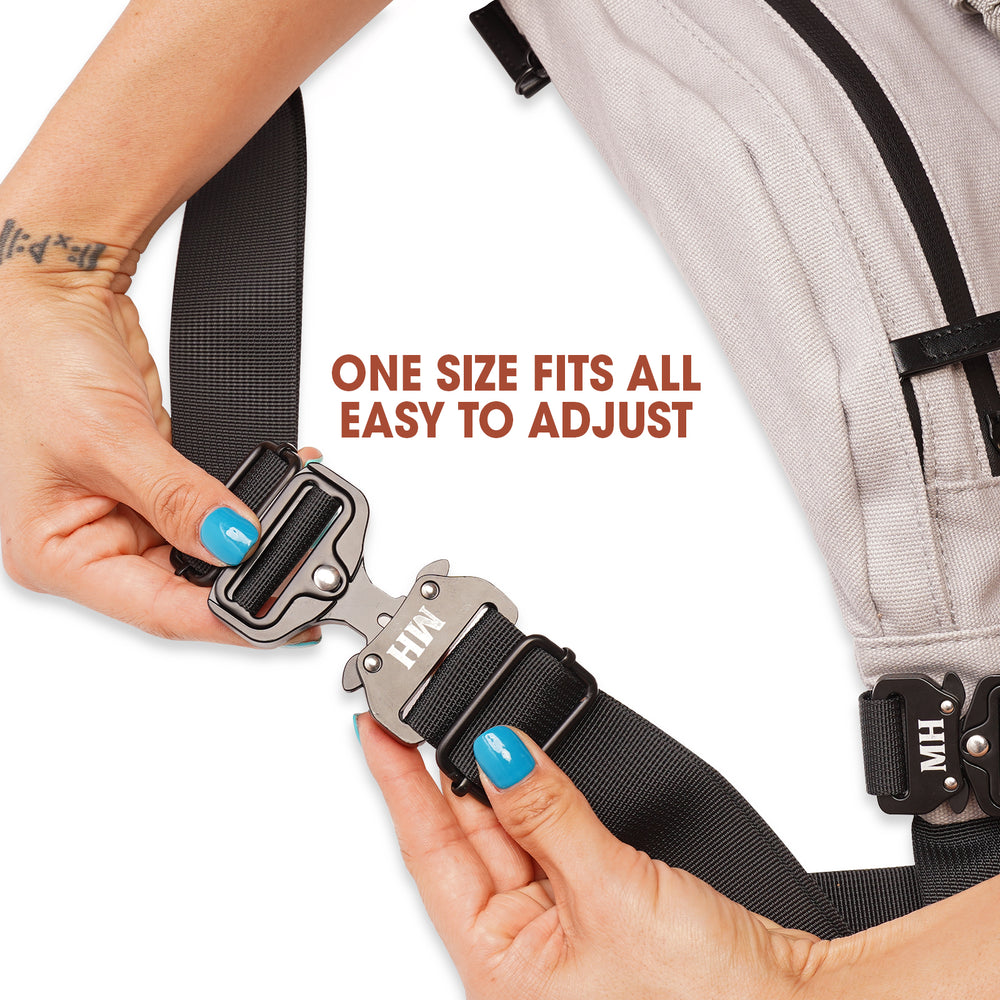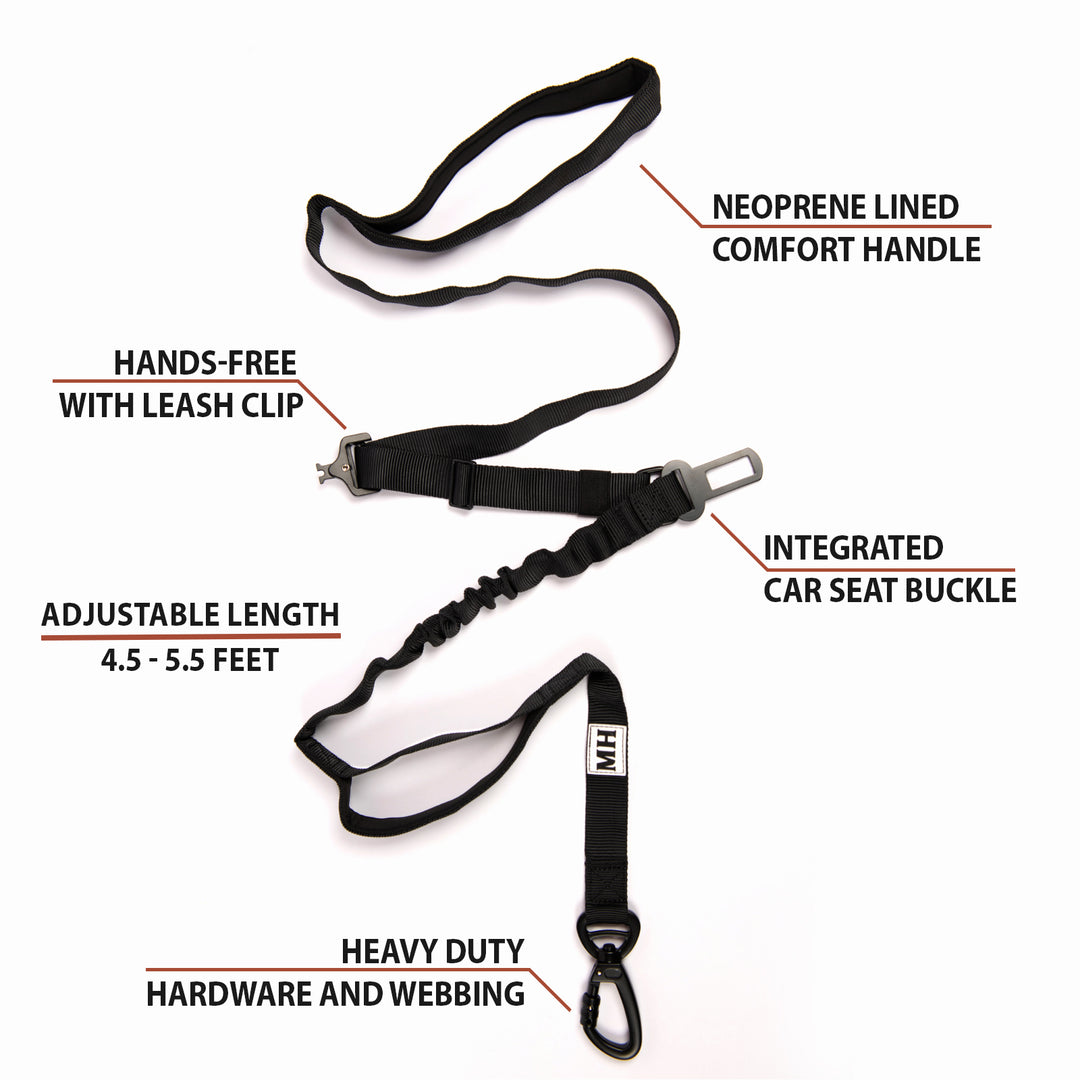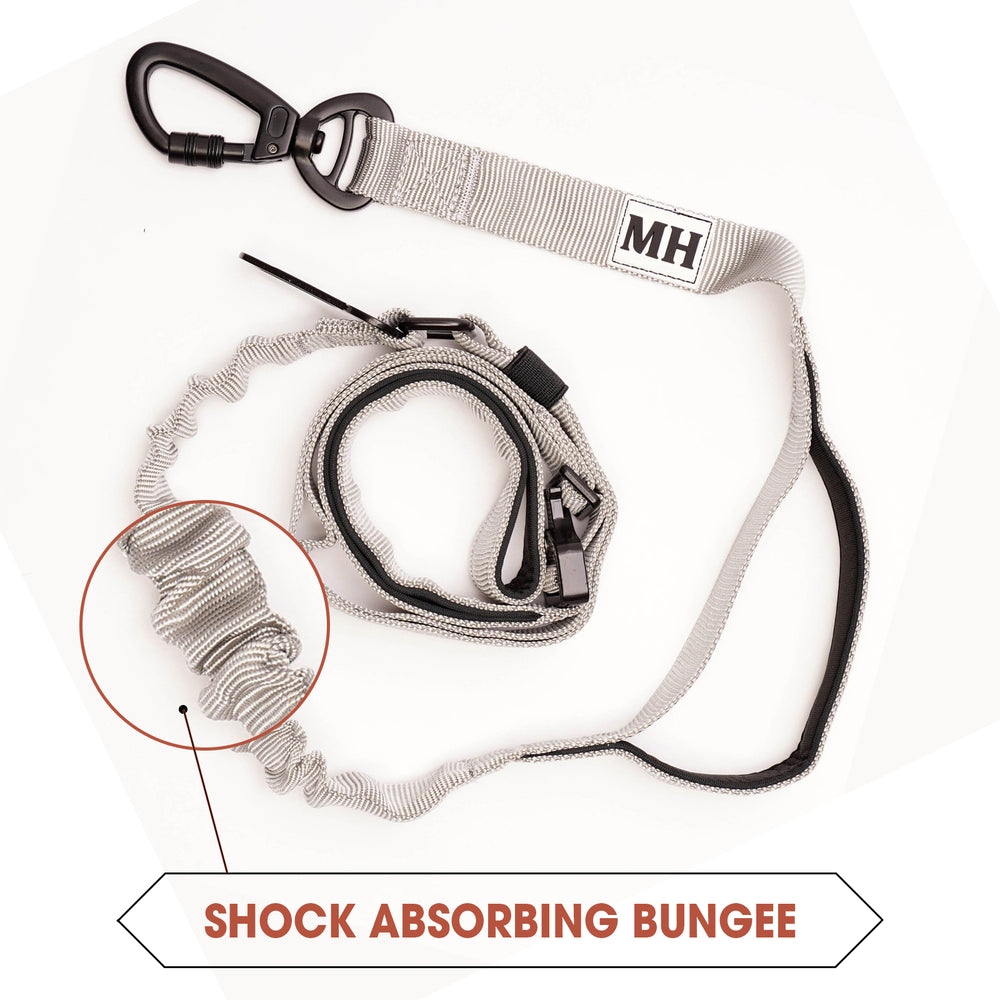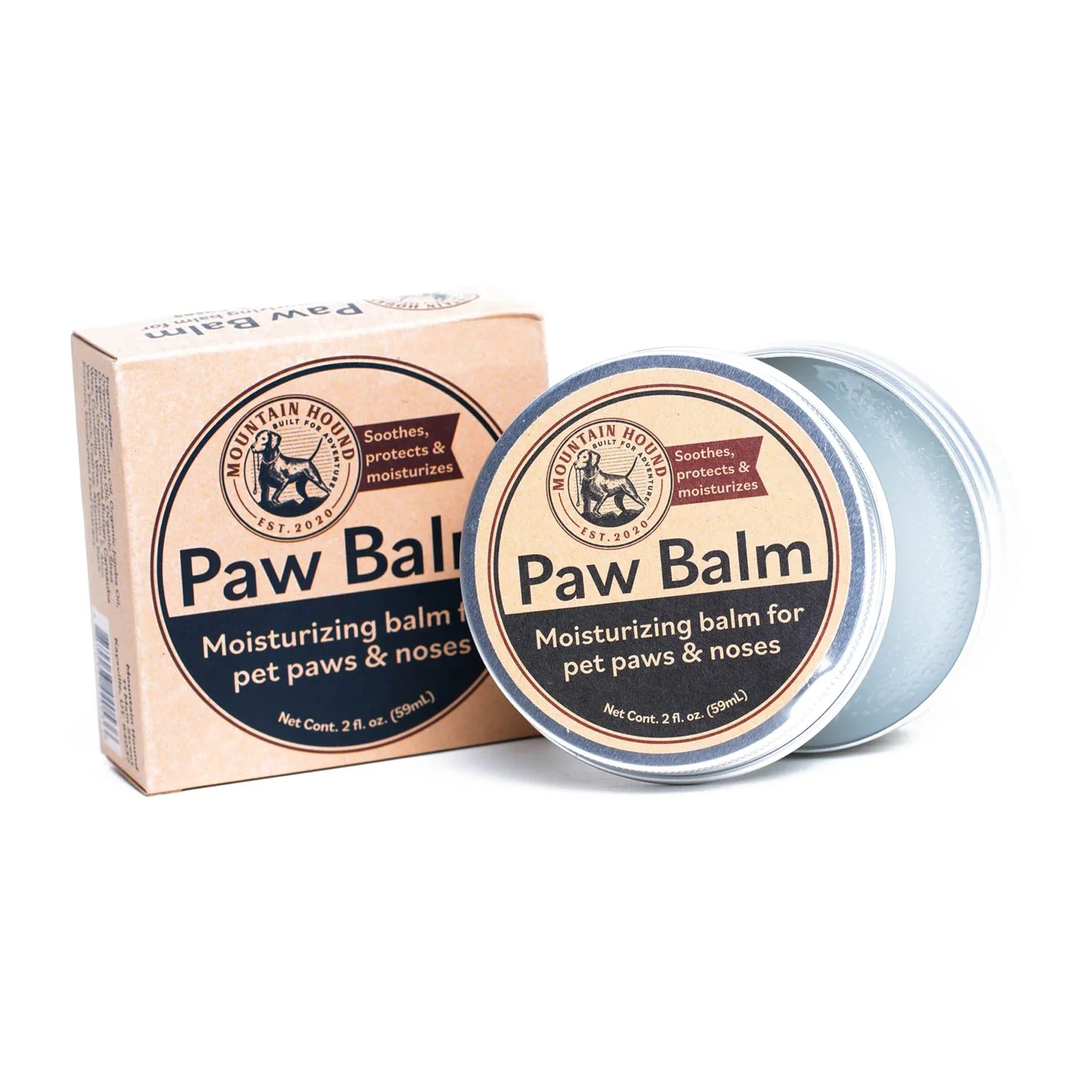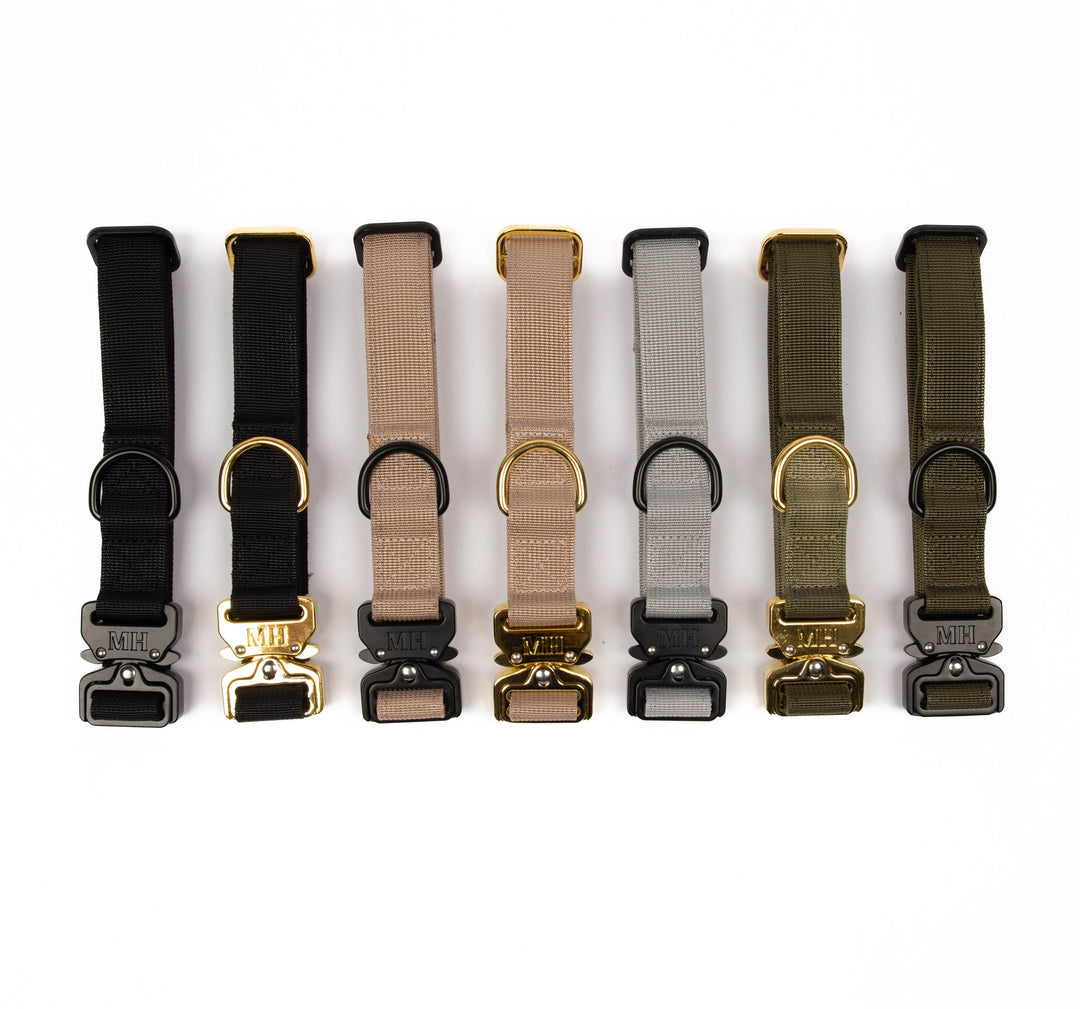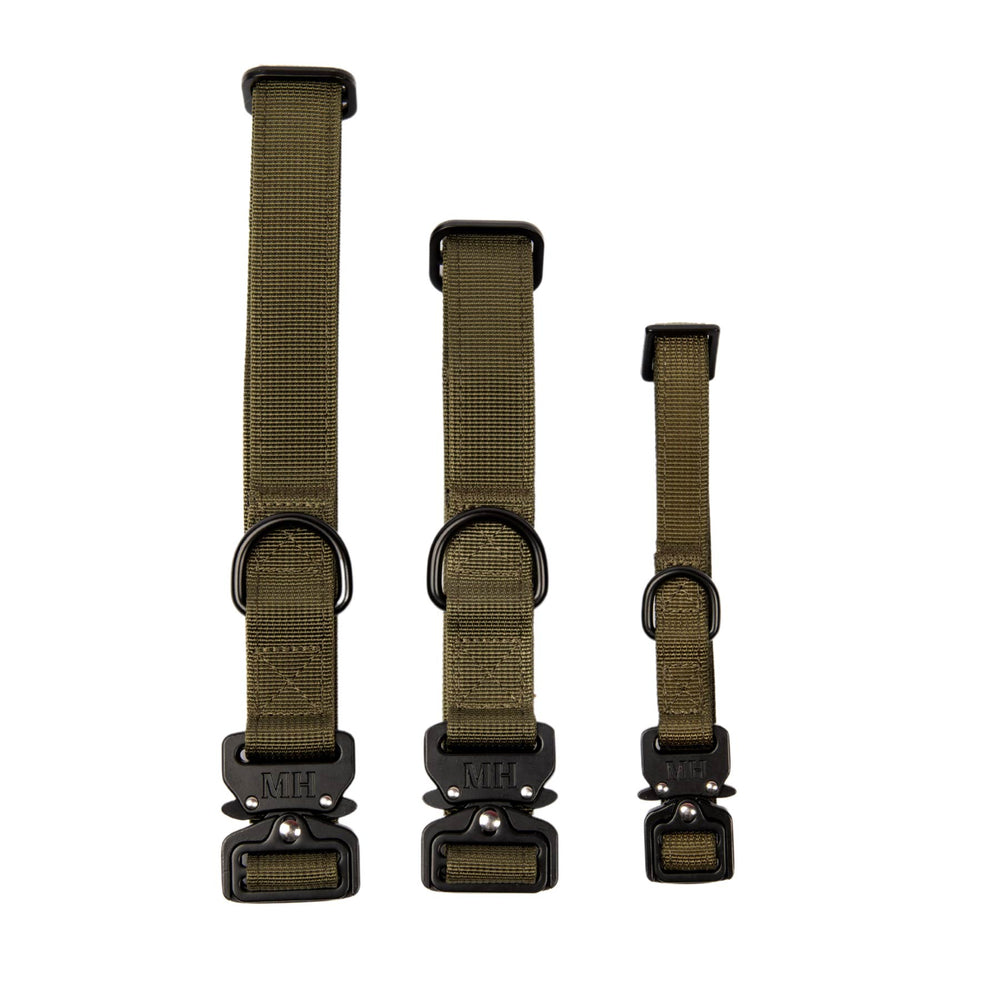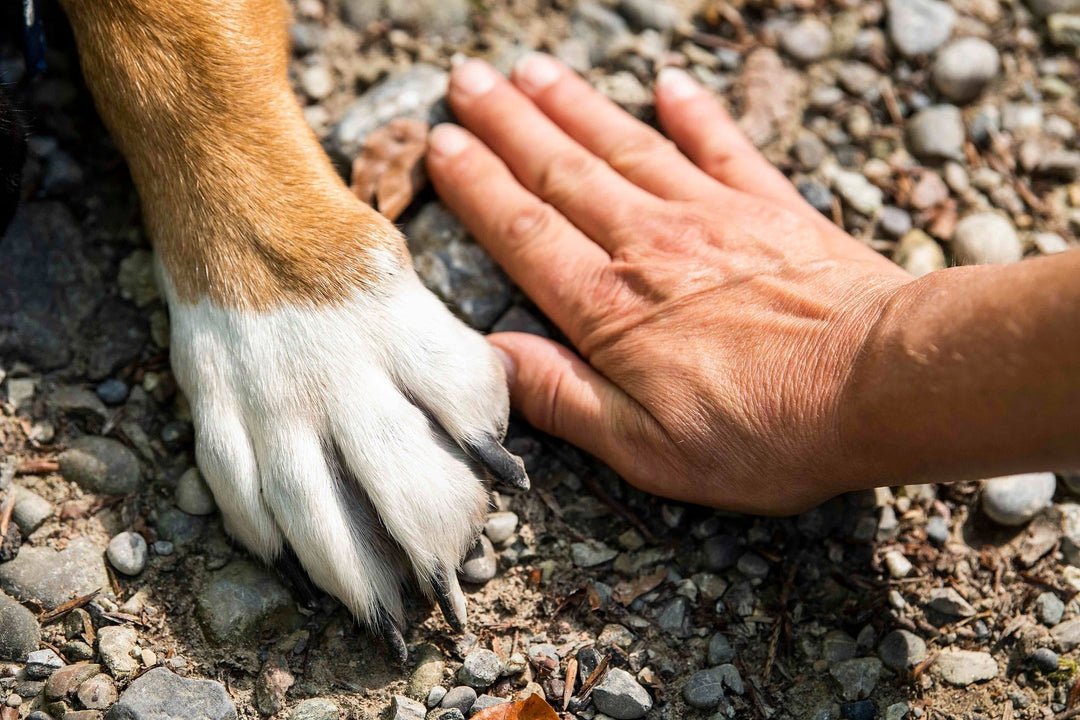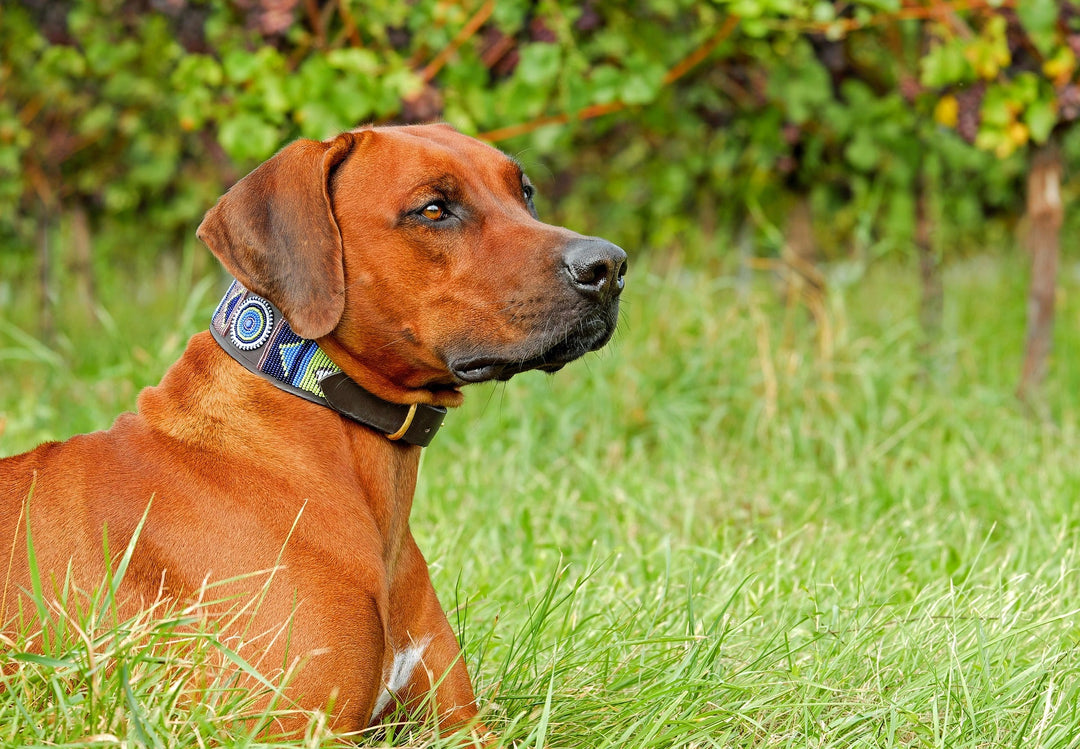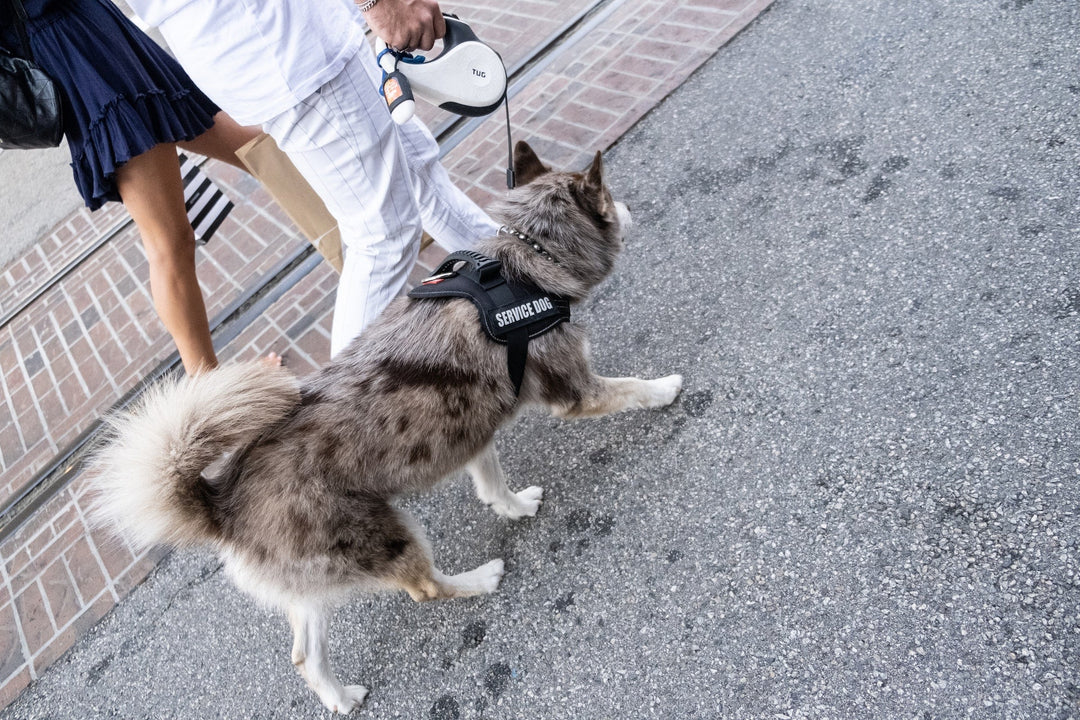How to Cope with Losing Your Pet

Losing a beloved pet who has been an integral part of your life can be heartbreaking. It's normal to experience grief and sadness as you grapple with the pain of losing a pet, and it will take time for these feelings to pass.
How Long Does the Grief of Losing a Pet Last?
While there isn't a specific period for how long the grieving process may last, common stages include shock, denial, guilt, anger, depression, and eventually acceptance.
8 Steps for Coping With Losing Your Pet
- Acknowledge your feelings - it's ok to cry if that's what feels right at the moment. Don't try and deny or escape your emotions; instead, allow yourself the space to fully experience them without judgment. It's important to process your grief.
- Spend time with friends and family - talking about your feelings with those closest to you can be therapeutic. Sharing memories of your pet can also be a powerful way to keep their hound spirit alive.
- Create a tribute - write down everything you loved or cherished most about your pet, or create an album with photos and stories that remind you of them.
- Exercise - physical activity is known to help boost mood and energy levels, so take a walk, hit the gym, or spend some time outdoors doing something active that takes your mind off your grief.
- Remembering other furry friends who have passed - join online forums where people share fond memories of their pets and connect with others in similar situations. Knowing that others feel the same way you do, is immensely comforting.
- Helping Children - children may grieve differently and not fully understand the concept of death, but you can help them by talking to them openly and gently about what has happened. For example, share stories about your pet and encourage your child to express their emotions through art or writing.
- Help seniors cope - for seniors in particular, a pet may have been a source of companionship and comfort for many years; ensure they are supported through this difficult time with plenty of kindness and patience.
- Think before getting another pet - when the initial grief passes, you may be keen to replace that feeling of connection with another furry friend. And that's understandable, seeing as dogs and humans have had a strong friendship virtually since the dawn of time. However, rushing into getting another dog too soon after losing a pet may interfere with your grief process and put unrealistic pressure on the new dog to be a replacement for your faithful hound. Remember, every pet is unique in behavior and temperament, even if they are the same breed or come from the same family. While new pets require dog training, sadly, this doesn't guarantee they will be a carbon-copy replacement for your loveable hound.
The Final Bow-Wow
Understanding and processing your emotions after losing a pet will allow you to eventually move through this difficult period. Remember that it's ok to grieve and feel sad when a beloved pet dies - they were part of your family, after all. While it's never easy saying goodbye, in time, you will find ways to cherish their memory forever.


